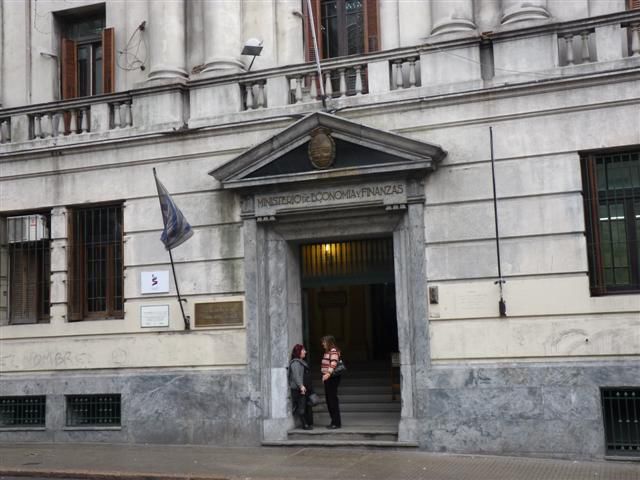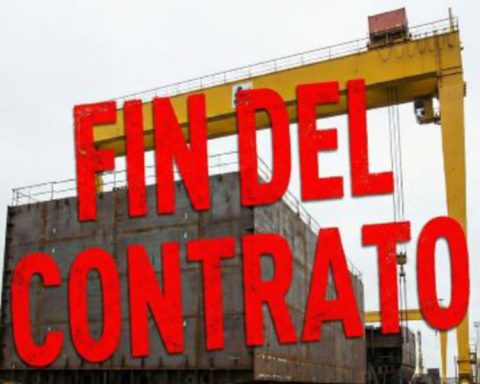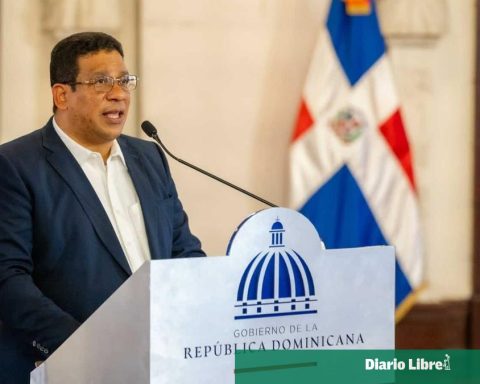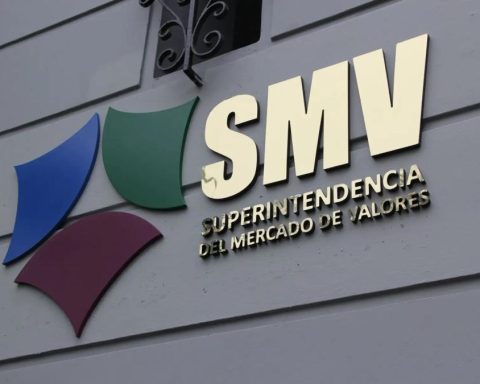The issue is subject to compliance with environmental and climate change indicators. It was made at a yield of 5.9% annual rate.
The Ministry of Economy and Finance (MEF) issued this Thursday in the global market a new bond “Indexed to Indicators of Climate Change” (BIICC) in dollars with maturity in 2034.
The portfolio reported that the issue reached approximately US$1,500 million, of which US$1,000 million was in exchange for cash, the remainder being issued to repurchase eligible bonds.
Along these lines, it was stated that “the demand far exceeded the amount issued, with a joint order book that, at its maximum, reached US$ 3,960 million.”
“The BIICC issuance was carried out at a yield of 5.935% per year (and a coupon of 5.75% per year), corresponding to a spread of 170 basis points with respect to the benchmark US Treasury bond. The consolidated order book was made up of 188 investors from the United States, Europe, Asia, Uruguay and other Latin American countries. A total of approximately 40 accounts participated for the first time in an operation in Uruguay, many of them with a specific focus on sustainable bond issues,” the MEF explained in a statement.
This is the first debt title of these characteristics issued by Uruguay and is tied to compliance with environmental indicators such as the reduction of greenhouse gases and the maintenance of native forest areas, according to the terms.
The MEF added in the statement: “Despite the current context of high global uncertainty, Uruguay managed to obtain large-scale financing, at intermediate terms, through an innovative instrument. The volume of demand allowed the government to compress the spread during the transaction, with a final value of 170 basis points. This represented an estimated concession below 20 bps with respect to the sovereign curve in the secondary market. The operation allowed access to increased demand for investment funds committed to sustainable economic development. It also contributes to increasing the visibility of Uruguay’s climate action strategy, enhancing access to other international climate financing instruments for the transition to a lower carbon economy.”
Montevideo Portal


















